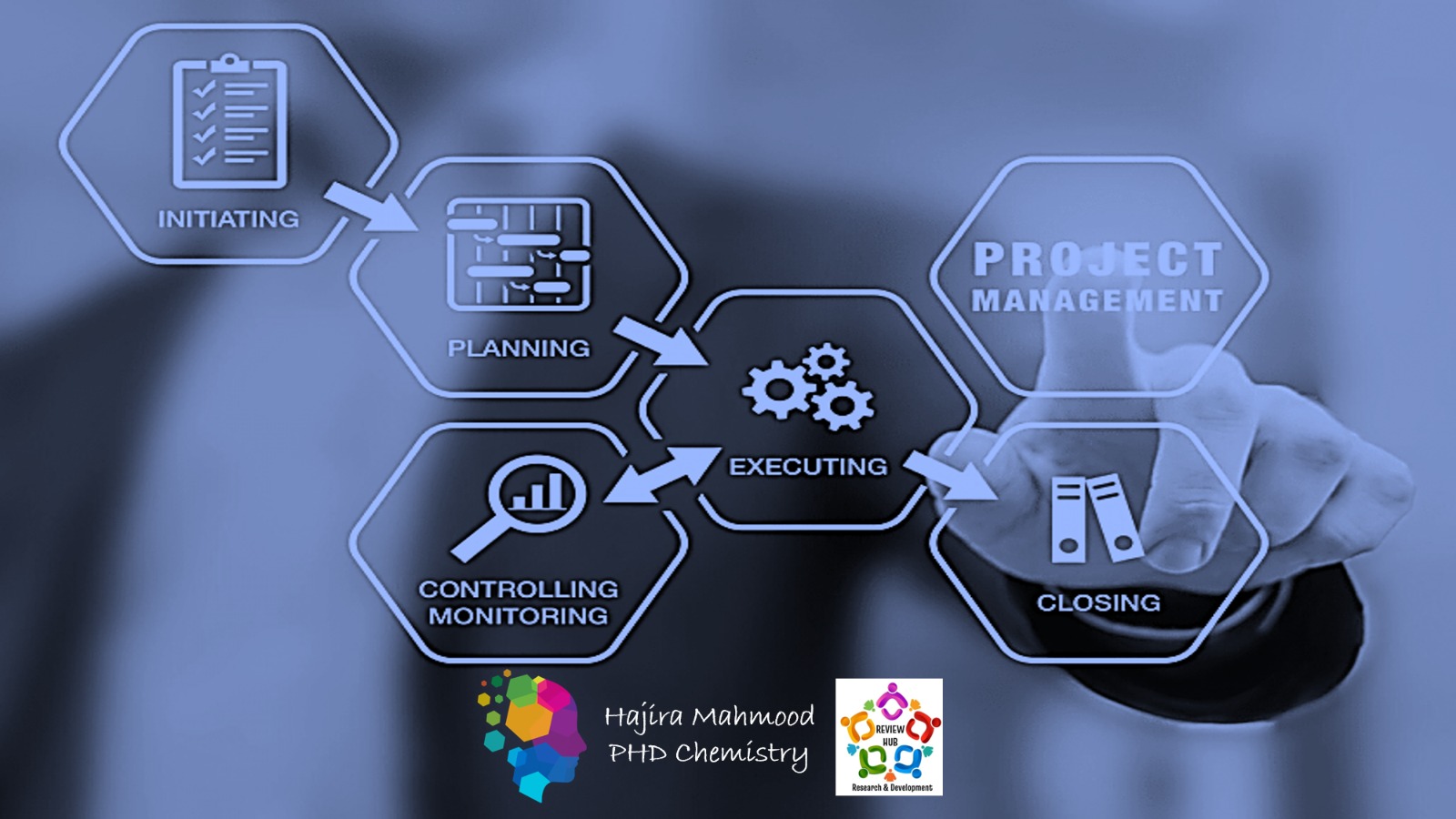Planning & Management Skills for Research
Planning and management skills are crucial for research. Effective planning helps researchers to define clear objectives, determine the necessary resources, establish timelines, and identify potential obstacles. Good management skills allow researchers to oversee the project and ensure that it is progressing smoothly. This includes managing resources, tracking progress, communicating with team members and stakeholders, and making necessary adjustments to the project plan when needed. Overall, having strong planning and management skills can help researchers to conduct high-quality research that is completed on time and within budget. Lets dig deep into “Planning & Management Skills for Research”.
Author: Hajira Mahmood
Here are a few examples of how good planning and management skills can positively impact the outcome of research projects:
1- Efficient use of resources
Effective planning and management can help researchers to allocate resources, such as funding, personnel, and equipment, in a way that maximizes their impact and minimizes waste. This can lead to more efficient and cost-effective research.
2- Clear objectives
Defining clear objectives and timelines can help researchers stay focused and on track throughout the project. This can help ensure that the research is completed in a timely manner and that the results are relevant to the research question.
3- Better collaboration
Good management skills can help researchers to foster better collaboration among team members. This can lead to more effective communication, better sharing of resources and ideas, and ultimately, better research outcomes.
4- Identification of potential obstacles
Planning for potential obstacles can help researchers to identify and address issues before they become major problems. This can help reduce delays and ensure that the research project stays on track.
5- Improved dissemination of results
Effective planning and management can help researchers to disseminate their results more effectively. This can include publishing in high-impact journals, presenting at conferences, and engaging with stakeholders to ensure that the results are translated into practice.
Also read: Smart Solutions: Applying Academic Knowledge for Real Impact
Follow Us on

